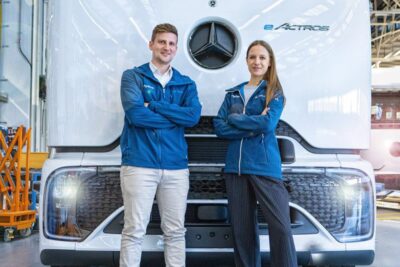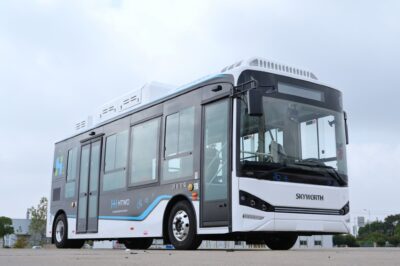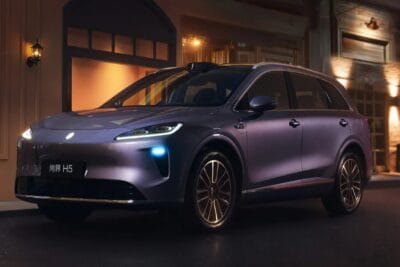KLM and ZeroAvia want to fly with hydrogen by 2026
However, there is still only vague talk of two airport locations and an A-B demonstration flight. It has not yet been decided where the aircraft will take off and land again. ‘In addition to determining the optimal airport pairing, the next steps will be to obtain official flight permits, secure the supply of liquid hydrogen and create the supporting infrastructure for refuelling the aircraft,’ ZeroAvia explains.
One possibility would be Rotterdam The Hague Airport: ZeroAvia has been working with the operator since February 2023 to prepare the infrastructure for commercial passenger flights with H2 aircraft from 2025. Shell is also on board as a partner in this project.
It is clear that the ZA2000 propulsion system is to be used, i.e. a hydrogen-electric propulsion system with two megawatts of power for large regional turboprop aircraft. ZeroAvia and KLM have not yet specified which aircraft the ZA2000 engine will be installed in. Together with Alaska Airlines, ZeroAvia is already planning to convert a Bombardier Q400 with 76 seats to the ZA2000. The Bombardier aircraft, also known colloquially as the ‘Dash 8’, is a regional aircraft that is also widely used in Europe. However, the press photo accompanying the press release shows an ATR-72 from the French-Italian consortium Avions de Transport Régional – an aircraft that is very similar to the Q400.
In the aircraft, the gaseous hydrogen is converted into electricity in the fuel cell, which is then used in the electric motors to drive the aircraft’s propellers. In future, liquid hydrogen is also to be employed. The only emission is low-temperature water vapour. ZeroAvia cites studies showing that the climate impact is reduced by up to 90 per cent compared to typical flights using paraffin. On the way to becoming a more sustainable airline, such an engine could be very beneficial for KLM and its subsidiary KLM Cityhopper, which is responsible for short-haul flights.
“KLM aims to be a front-runner in the journey towards a more sustainable future in aviation. That’s why we actively support and encourage innovation to drive industry change,” says Maarten Koopmans, Managing Director of KLM Cityhopper. “When it comes to the future of zero-emission flights, KLM supports various technologies and innovations simultaneously. Together with our sector partners, we are conducting research on electric, hydrogen, and hybrid-powered flights and exploring ways to expedite these advancements.”
James Peck, Chief Customer Officer at ZeroAvia, added: “The world’s largest airlines are diving in to explore hydrogen-electric as a potential solution with increasing seriousness. We can’t wait to work with KLM, being an airline with such rich history, as we look towards a clean future for the industry.”





0 Comments